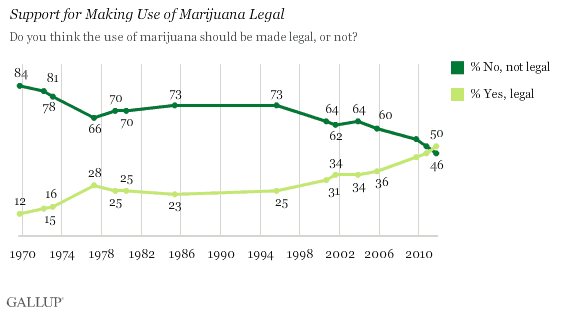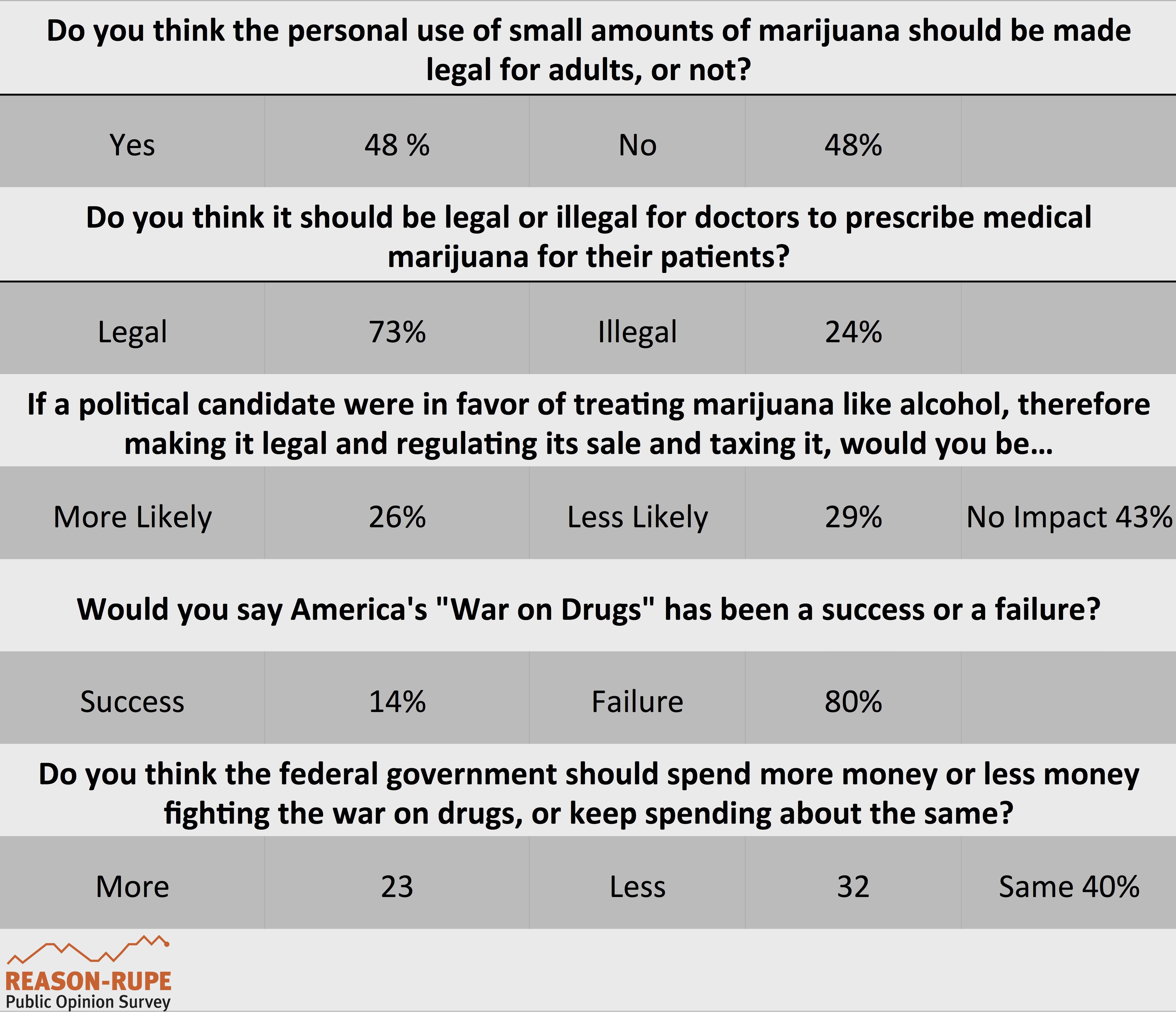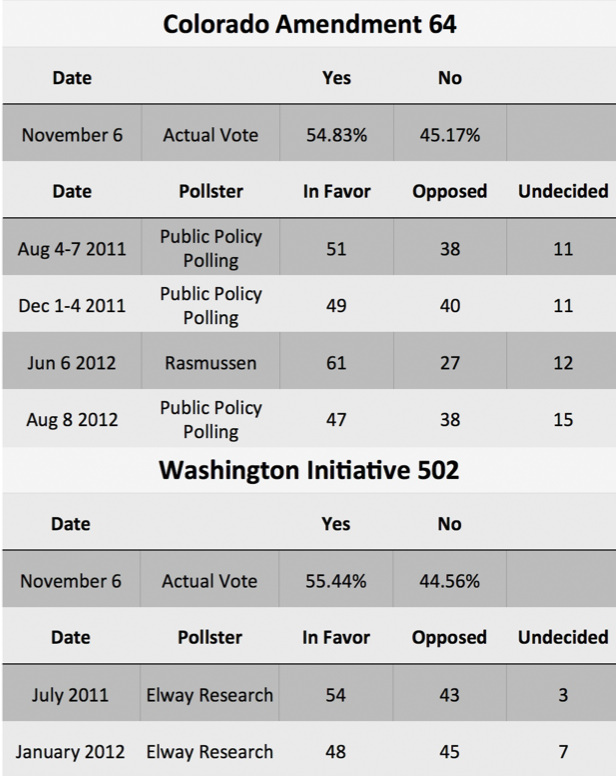|

Source: Boston.com
By Dr. Karen Munkacy, Guest post
I am a physician with 30 years’ experience, board certified in
anesthesiology, fellowship trained in pain management and a breast
cancer survivor. I know the importance of yearly mammograms, so when I
was informed I had breast cancer in 2004, it came as a shock to me. I
had my mammogram the year before and in just one year cancer had
invaded my body. I was diagnosed with stage IIIB breast cancer.
When I was diagnosed my daughter was 17 and my son was 2 years
old. To treat the disease, I was given the most aggressive chemotherapy
regimen available for advanced breast cancer.
This was extremely difficult with a toddler and a
teenager. My husband and I had to move in with my in-laws during the
course of my treatment. For four months, I laid in bed at their house
suffering from nausea that was a thousand times worse than any flu,
literally feeling like I was going to vomit hundreds of times a day.
Taking a Marinol pill (synthetic tetrahydrocannabinol), or
THC, available by prescription -- when I was that nauseous didn’t make
sense. I didn’t want to take a pill that could be vomited as soon as it
was swallowed.
Living through chemotherapy was absolute hell. But the worst
part was the time I missed with my children. I did not have the
strength to read my son bedtime stories, listen to him laugh and learn
new words every day. At that time, he loved to be chased around,
gaining confidence with every step he took. While my family was able to
play with him, I laid helplessly in bed for days on end.
I also missed many milestones of my daughter’s senior year of
high school – another thing neither of us will get back. After
chemotherapy I went through a double mastectomy with reconstruction and
28 radiation treatments. I decided there had to be a better way for
patients to endure cancer treatments.
Throughout my career, patients had told me that medical
marijuana provided a significant amount of relief for them.
As a physician, I was skeptical. It was not until I did
my own research on the subject after my struggle with cancer that I
discovered medical marijuana provides unique benefits not just for
cancer patients, but also for those suffering with HIV/AIDS, multiple
sclerosis, paraplegia, Lou Gehrig’s disease, neuropathic pain, chronic
vomiting syndrome, allodynia, ulcerative colitis, as well as many other
debilitating conditions, and it is one of the safest medicines any
patient can take.
Since my battle with cancer, I
have studied the issue extensively and met with dozens of patients
suffering from debilitating conditions who are unnecessarily being
forced on to medications with dangerous side effects.
Carbamazapine, for instance, is prescribed to prevent
epileptic seizures, but can cause heart failure or fatal skin disease.
Tysabri, prescribed for patients with multiple sclerosis, increases the
risk of a fatal brain disease. Baclofen is primarily used for the
treatment of spastic movement disorders, especially in instances of
spinal cord injury, cerebral palsy, and multiple sclerosis, but
withdrawal from Baclofen can cause death, if not treated appropriately.
Medical marijuana can help address each of these afflictions without
the dangerous side effects.
As a doctor I am confident in the science behind medical
marijuana. More than 6,500 reports and journal articles around the
world have been published about the medical value of marijuana to
patients. Many of them can be found in an online database.
But I am a mother first. I would not be supporting this
initiative if I thought it would have a negative impact on my children.
I have talked extensively to my now 10-year-old and 25-year-old about
the difference between medicine like marijuana that can help people and
other prescribed medicine and drugs for recreational use. They fully
recognize and respect the difference.
But the fact that there is such stringent state regulation in the Question 3 initiative is also so
important to me. The proposed Massachusetts law is based on the best
practices and lessons learned from the 17 other states that dispense
medical marijuana. It requires that doctors writing recommendations
have a bona fide relationship with their patients and that the state
verifies all recommendations.
It strictly limits the number of treatment centers to 35
nonprofit centers licensed and regulated by the state.
This initiative will be the safest medical marijuana law in
the country. It creates a new felony for anyone who defrauds the
medical marijuana system with a penalty of up to five years in prison
for distribution. A person who now faces a mere civil fine for
possession of less than an ounce of marijuana could be facing a
criminal conviction and a jail sentence if they defraud the medical
marijuana system. This approach provides greater regulation and
oversight than some other states that have not set a limit on treatment
centers or the requirements to qualify as a patient for medical
marijuana.
Over 1,200 licensed doctors in Massachusetts have signed a
statement in support of safe access to medical marijuana for patients
with a doctor’s recommendation. The Massachusetts Nurses Association, AIDS Action Committee, Leukemia Lymphoma Society,
New England
Coalition of Cancer Survivorship, AIDS Foundation of
Western Massachusetts, and Chronic Fatigue and Immune Deficiency Foundation
have voiced support for safe access.
Seventeen states, including our neighbors Vermont, Maine,
Rhode Island and Connecticut and the District of Columbia, as well as
Canada, the Netherlands, Israel, and Germany offer patients suffering
from chronic and debilitating illnesses the ability to use medical
marijuana.
I believe that when voters review the facts, they will have
compassion for patients who are suffering from debilitating conditions.
Decisions about patient care should be made by doctors and patients not
by politicians or law enforcement. I believe that had I used medical
marijuana during my treatments I would have had a much better quality
of life. However, I refused to bring an illegal substance into my
in-laws home.
As a doctor, I am advocating for safe and legal access to
medical marijuana for patients with debilitating conditions because
patients should not be denied an effective and safe treatment. As a
doctor, cancer patient in remission, wife, and mother I am asking
voters to have compassion for anyone who can be helped by medical
marijuana.
Dr. Karen Munkacy is a physician certified in
anesthesiology and pain medicine now focused on public health
initiatives. She is a board member at the Peter Rothschild Foundation
in California.
Massachusetts voters on Tuesday will
consider become the 18th state to legalize marijuana use and
distribution for medical use. This is one of two guest posts from
physicians sharing their view on the proposal.
Also see Dr. James Broadhurst’s take
and read more about the debate over marijuana as medicine.
|











